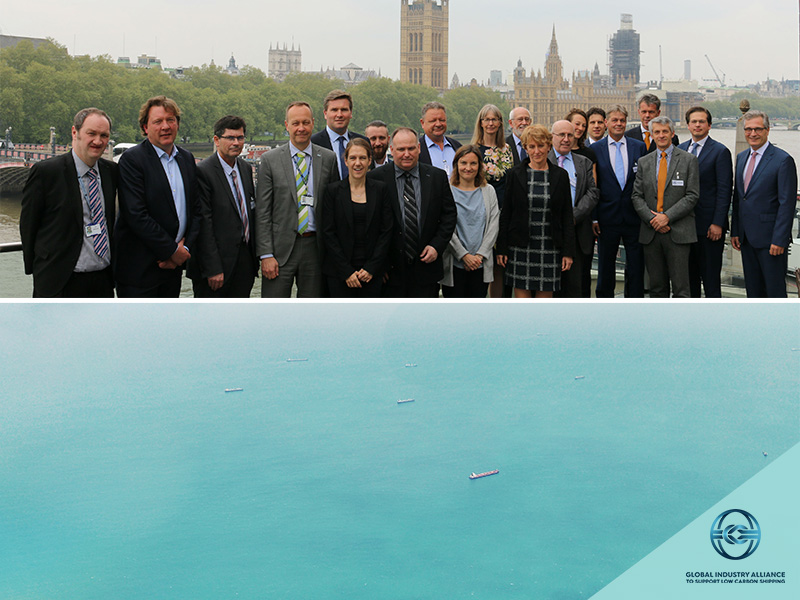Data
sharing is a prerequisite to enabling the successful implementation of “Just-In-Time” (JIT) operations – which can cut the
time ships spend idling outside ports and help cut emissions as well as save on
fuel costs. Participants at a roundtable meeting of IMO’s Global
Industry Alliance to Support Low Carbon Shipping (GIA) at IMO Headquarters, London (1-2 May), agreed
that increased transparency of information through data
sharing was imperative, while this should be achieved through standardized
functional and data definitions. More frequent exchange of information would
lead to better predictability of when a berth is available. The roundtable identified the need for a global, neutral, not-for profit data sharing platform, to
allow frequent updates from terminals and vessel service providers on
completion times.
The roundtable also identified the potential benefits of regulating data sharing, while incentivising data quality.
The roundtable meeting is the latest in a series organized by the GIA, to identify and discuss the operational, contractual and regulatory barriers – and potential solutions – to the uptake of Just-In-Time operations. Operational measures can help to substantially cut greenhouse gas emissions from ships. In 2018, IMO adopted an initial IMO strategy on reduction of GHG emissions from ships, setting out a vision which confirms IMO’s commitment to reducing GHG emissions from international shipping and to phasing them out as soon as possible.
The GIA is an innovative public-private partnership initiative of the IMO, under the framework of the GEF-UNDP-IMO Global Maritime Energy Efficiency Partnerships (GloMEEP) Project that aims to bring together maritime industry leaders to support an energy efficient and low carbon maritime transport system. The roundtable was attended by more than 30 GIA and non-GIA members (including shipping companies, ship agents, ship brokers, ports, terminals, bunker providers, nautical service provider, maritime organizations, maritime law firms).
